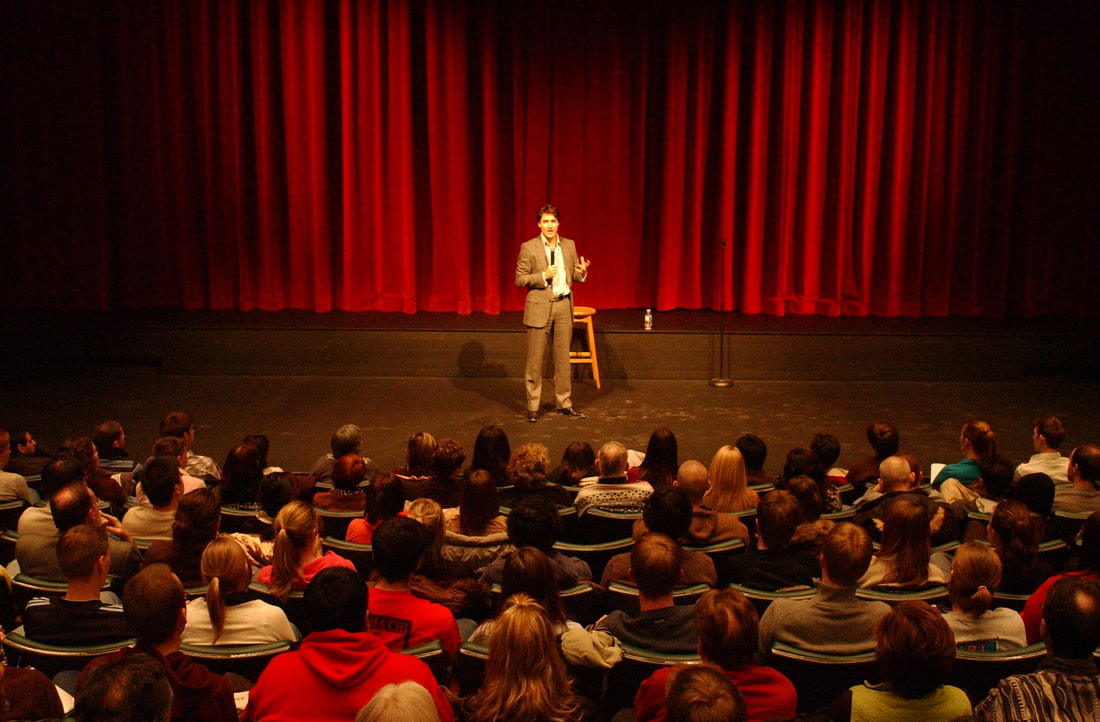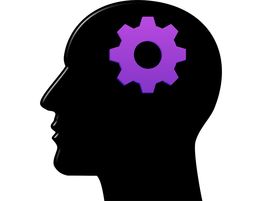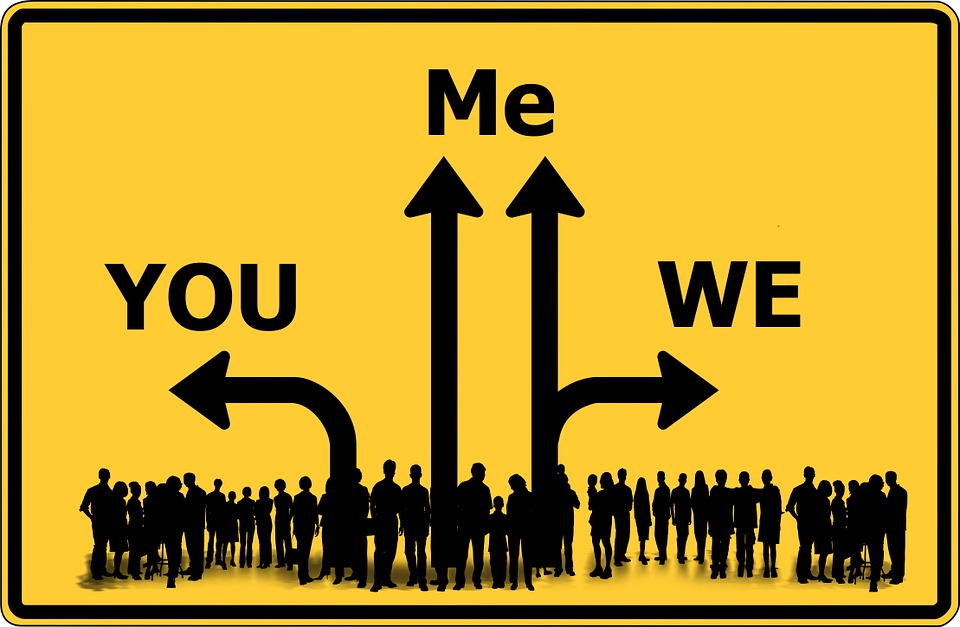|
LIFE IS PLAY AND PRESENCE I wrote once before about changing the game we play - the drama triangle. I have since reflected upon this concept and refined it, adding useful tools to help us come back to balance and step out of drama whenever desired. I believe that life is ‘play’ - be it a drama, a romance, or a comedy of errors! Yet perhaps it is simultaneously a perfect single moment, when we are in ‘presence’. The processes described in this blog provide ways to remind us of that presence and step back into the moment, any time we choose, using empathy and perspective. “All the world's a stage, And all the men and women merely players; They have their exits and their entrances, And one man in his time plays many parts” OWNING YOUR STORIES We do this with the stories we tell ourselves, which we have interpreted and embodied from years of social interactions (which we call ‘conditioning’). Rational Emotive Behaviour Therapy (REBT) is a type of cognitive therapy first used by Albert Ellis. It focuses on resolving stressful emotional and behavioural patterns, much like the beautiful ‘Work’ of Byron Katie. The goal of these therapies is to help the person reframe their personal truths - changing painful and irrational beliefs into more truthful, kind and rational ones, through the process of self-enquiry. UNDERSTANDING HOW WE DO THAT Ellis gave us the ABC model to show us how simple it is! He recognized that when a single stimulus, or ‘Act’ (A) happens there can be many Consequences (C). For example, a man walks past a crowd, smiling to himself. This simple ‘Act’ results in the following: Observer (1) smiles back at the man, with a sense of happiness. Observer (2) feels offended, and frowns at the man. These different ‘Consequences’ (C) demonstrate that A is not necessarily directly responsible for C. That’s because different individuals have their own subjective ‘Beliefs’ (B) at play. In situations involving the mind (that’s pretty much all observed situations!) the Belief is the cause of the Consequence - because it is the lens we see the world through.
(Observer 2: Thought “He’s mocking me”, Impulse: Frown, Emotion: Anger, Sensation: Tension) ALL DRAMA IS BASED ON BELIEFS Most of our actions in life are based on ‘unconscious’ beliefs, embedded in the body and nervous system. Stress reactions, like in Observer 2, tend to activate the amygdala and reduce the functions of the higher, open and optimistic mind, through the release of cortisol and adrenaline into the blood. So it will be even harder for that person to recognise that a ‘Belief’ within themselves was responsible for the reaction. This means Observer 2 may then blame the ‘Act’/‘Actor’. If we go through life unaware of these beliefs, due to stress, we identify as a role and we get caught in ‘Drama’. If we practice mindfulness we wake up to more consciousness of our thoughts, and we can then exercise choice. So I’ve added a bit to the end to show a way back out through the process of Empathy and Enquiry. D: Drama: the play of scripted roles, which we believe are in ‘society’ but are actually in us. E: Empathy & Enquiry: the feeling into emotions and questioning of our thoughts. EMPATHY AND ENQUIRY
If we challenge our Beliefs in a kind and loving way then we can learn something about ourselves, we can let go of damaging emotions and come to a peaceful understanding and conscious actions. This process would take us back through a reframed alphabet: E: Empathy & Enquiry - pause and ‘feel’ into the emotional reaction. This may require having a SEAT, and listening to the body. Asking it what it is ‘feeling and needing’ (as in the work of NVC) D: Decide - making a choice to ‘Bin it’ (let it go and move on), ‘Bag it’ (record the experience for processing later) or ‘Bring it’ (address this right now). C: Curiosity - the enquiring mind asks: “What am I believing? Is it true?” (Check out ‘The Work’ of Byron Katie). B: Befriend - remember that this is a friendly universe if we act and think it so. This is optimism - creating an optimal outcome through choosing thoughts that are true and feel good. We can start by befriending ourselves, and if we have the capacity, we can befriend the triggering Act (or Actor) This is covered more in Part 2. A: Act/Ask: we can now act from a place of wisdom and love, which often involves asking questions for clarity or to help get needs met. Or a more simple question might be “Would I rather be right, or happy?’ TL;DR That is a lot to remember, but really all you need to remember is:
This is the first part. Next week in Part 2, I’ll show some more techniques to come out of drama by identifying some of the main categories and characters our beliefs take, and then in Part 3 a simple way to change the scripts! Part 4 will go deeper still. Stay tuned, or if you’d like to reduce the drama in your life, contact me today for a 1-1 session.
0 Comments
Leave a Reply. |
AuthorsNeil Morbey is a meditation teacher, group facilitator and inspiration guide for Positively-Mindful.com Blog Index
Archives
May 2024
|





 RSS Feed
RSS Feed